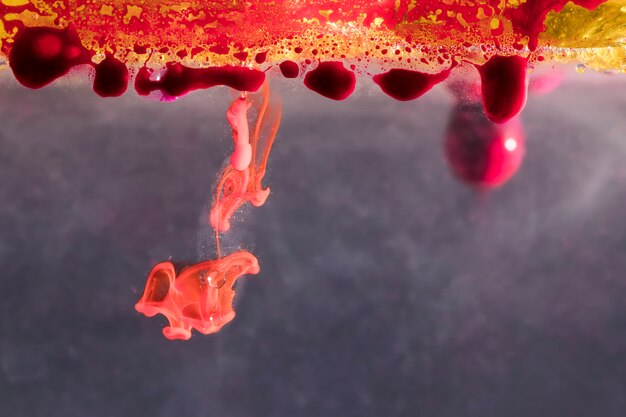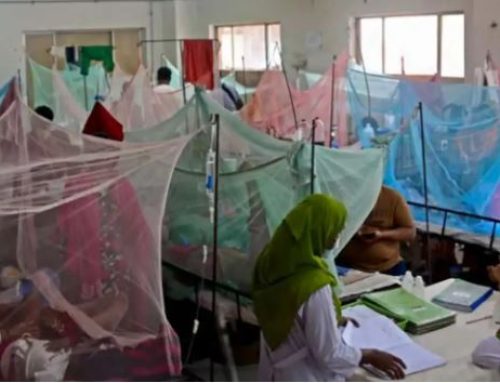Project Description
Author: Karim et al.
Summary:
Febrile neutropenia (FN) is a common clinical consequence of chemotherapy in patients with hematological malignancies which make them vulnerable to bloodstream infection (BSI) due to profound immunosuppression. The objective of the present study was to explore the etiology and antibiotic sensitivity pattern of causative organisms of BSI in these patients.
The present cross-sectional study was conducted in Hematology department of Dhaka Medical College Hospital including 99 adult patients with hematological malignancies who developed febrile neutropenia after receiving chemotherapy. Blood culture and antibiogram were done for isolation and investigation of antibiotic sensitivity pattern of the causative organisms.
A total of 33% blood sample yielded a positive culture. Escherichia coli was the most common gram negative bacteria (22%) followed by Klebsilella (15.6%) and Enterococci and Staphylococcus was the most common gram positive bacteria. Almost 33% of the isolated bacteria were multi-drug resistant (Gram-positive 38% and Gram-negative 22%). Among the antibiotics, carbapenem group of antibiotics like meropenem and imipenem, along with gentamycin and ticoplanin, linezolid and nitrofurantoin were found as sensitive in a substantial number of gran-positive and gram-negative bacteria.
Bloodstream infection is common in patients with chemotherapy induced FN for hematological malignancies and widespread resistance to common antibiotics has made its treatment challenging. Appropriate antibiotic therapy based on local evidence and culture and sensitivity test is crucial for optimum management of these patients.
Status: Ongoing
Full text link: Not available



